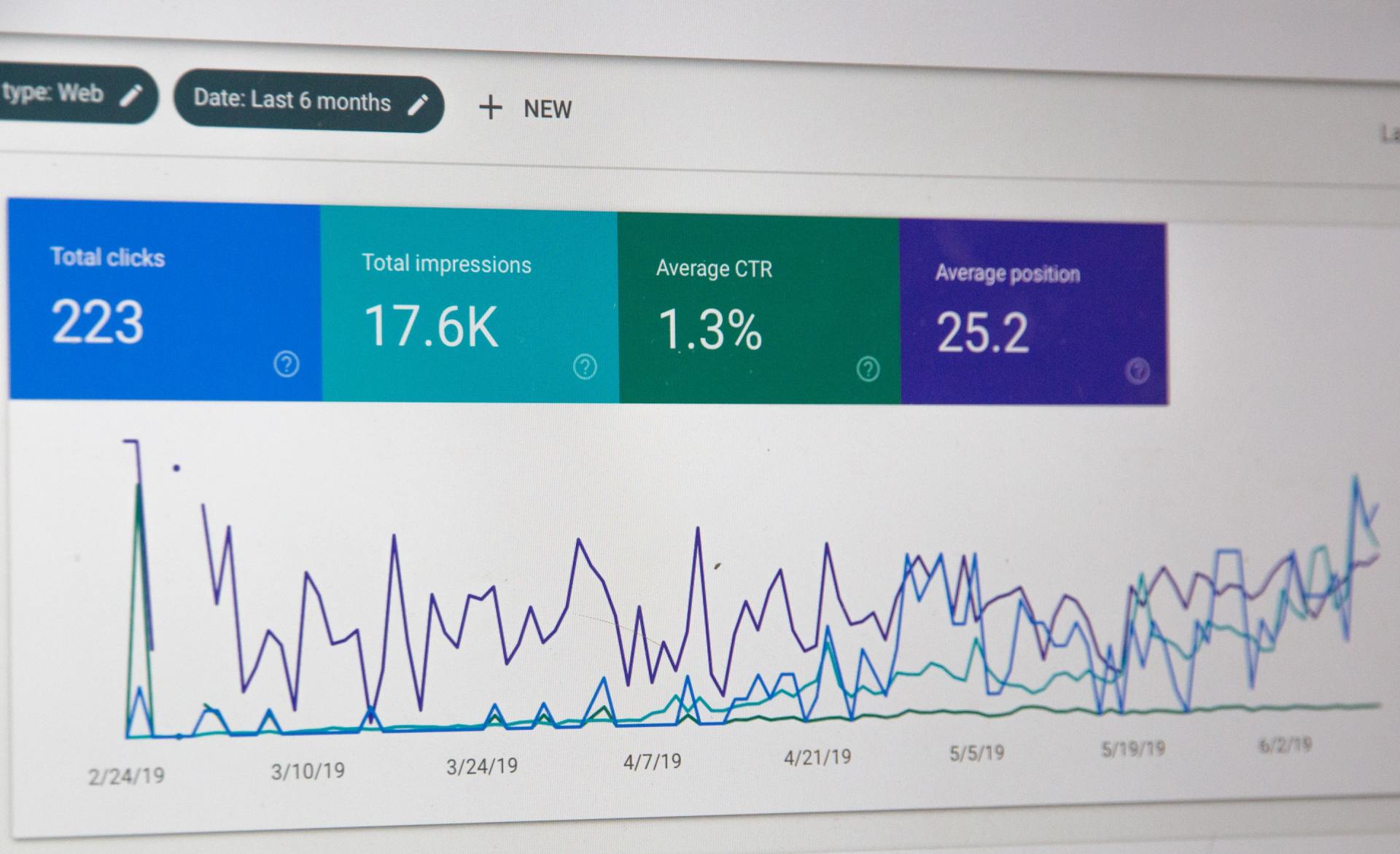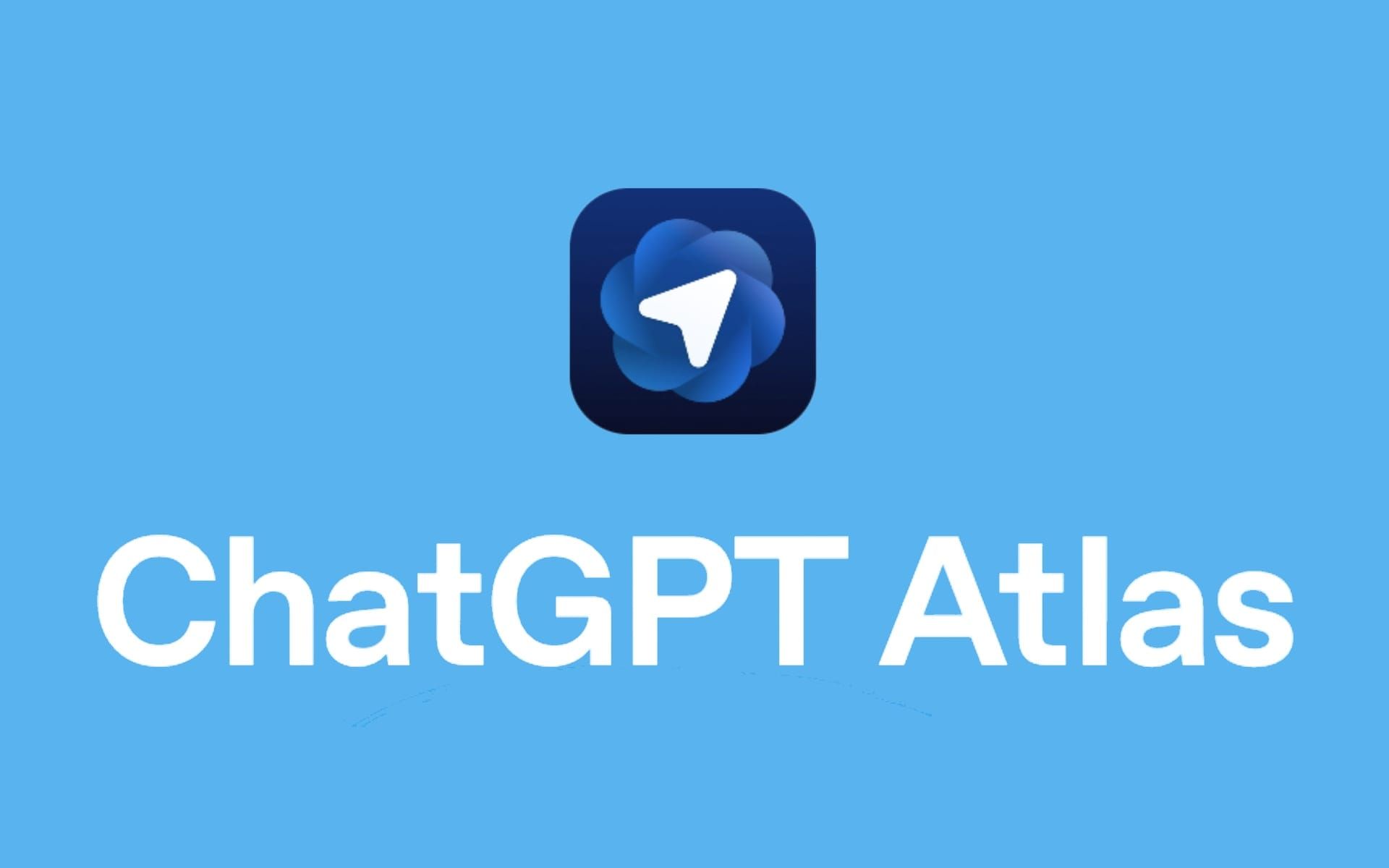How to look for employees for your small business.
Why Hiring Your First Employee Feels So Overwhelming
Look, I'll be straight with you hiring somebody for the first time is terrifying. I remember sitting in my office, staring at this stack of resumes I'd printed out because I still do that, and just thinking... what if I pick wrong? What if they're great on paper but can't actually do the work? Or worse, what if they can do the work but we just don't click, you know?
And then there's the money part. You're committing to paying someone every two weeks whether you have a good month or not. I had one morning where I almost called the whole thing off because a client payment came in late. I just sat there with my coffee getting cold, second guessing everything. It's a lot.
Small Business Hiring Statistics
1. 53 percent of small businesses report a local worker shortage.
2. 54 percent of small businesses say it is hard to find candidates with the right experience.
3. 52 percent of small businesses say it is hard to find candidates with the right skills.
4. 60 percent of small businesses struggle to keep up with employee salary expectations.
5. Nearly 70 percent of small businesses plan to offer more flexible work hours to attract talent.
6. 84 percent of employers use social media and online platforms for hiring.
7. In 2022 over 50 million workers quit, and the 2023 quit rate remains about 2.5 percent.
8. 31 percent of new employees quit within their first six months.
9. 39 percent of workers would choose flexible hours over a pay raise.
10. Nearly 72 percent of employees would stay at a job where they feel valued and supported even if offered 30 percent more pay elsewhere.
How to Define the Role Before You Start Looking
So the first thing I had to do and this took me longer than I want to admit was figure out what I actually needed. Not what I thought would be nice to have, but what would keep me from working until nine every night. I made this list on a Tuesday. Crossed half of it out by Thursday.
Here's what helped: I tracked my time for a week and a half. Sounds tedious, I know. But I realized I was spending fifteen hours a week just on invoicing and follow up emails. Stuff that was important but didn't need to be me doing it.
Then I got stuck wondering if I should hire someone part time or just dive into full time. Took me three days to decide. Sometimes you just have to pick something and adjust later.
Budget Friendly Ways to Find Good Candidates
I didn't post on those big job sites right away. Honestly, the prices scared me off. Instead, I mentioned to a few regulars that I was looking for help you'd be surprised how that works. One of my customers has a daughter who just finished her business degree and was looking for something local. We met for coffee at that place on Fisher Park Way, the one that always smells like cinnamon, and just talked.
I also went to a chamber meeting I'd been skipping for months. Felt awkward at first, standing there with my name tag. But I met someone who knew someone, and suddenly I had two referrals.
Local Facebook groups helped too, though you have to wade through a lot of noise. Posted something simple, got like twelve responses in two days. It was overwhelming in a different way, but at least I had options. Sometimes the best candidates aren't actively job hunting they just hear about you at the right moment.
Writing Honest Job Posts That Actually Work
I looked at some sample job descriptions online and they all sounded like Ai wrote them. "Dynamic self starter seeking synergistic opportunities" what does that even mean?
So I just wrote what I needed. "You'll answer emails, sometimes a lot of them at once. You'll send invoices on Fridays and chase down the late payers. Some days are slow, some are chaos." I even mentioned that our printer sometimes runs out of ink and we're still figuring out the new accounting software.
One applicant told me later that's why she applied. She said it felt like a real place with real problems, not some corporate fantasy. Honesty saves everyone time, I think.
Where Small Business Owners Find Their Best Hires
The best hire I ever made came from Instagram, which I still can't believe. She'd been following our business page for months, commented on a post about needing help, and we just started messaging. Turned out she lived two miles away.
Indeed worked okay for me, but I got better results from the free local job boards. The college has one that nobody seems to know about. Posted there on a Monday, had five solid applications by Wednesday.
Word of mouth, though. That's the thing that keeps working. I told my accountant I was hiring and she mentioned it to another client who had a nephew looking for work.
Craigslist still exists, apparently. Got some weird responses there but also two people I interviewed. One of them almost got the job. You never really know where the right person's going to come from, so I just tried everything that didn't cost much.
How to Run Interviews That Feel Real and Reveal the Truth
I used to try to sound all professional in interviews. Had these prepared questions printed out, sat up too straight, the whole thing. It was exhausting and I could tell they were nervous too.
Now I just talk to people. We sit in the back office where the light's better, I offer them water or coffee. I ask what they're looking for, tell them what it's really like here. The good and the annoying parts.
Last month I interviewed someone and we spent ten minutes talking about her old boss who used to micromanage everything. I learned more from that story than I would've from asking "what's your greatest weakness" or whatever.
I also have them meet Sarah, who's been here three years. If Sarah doesn't get a good feeling, I listen to that.
What to Ask When You Call References
References used to feel like a formality to me, but I learned to actually call people. I ask pretty direct stuff now: "Would you hire them again if you had an opening?" That one question tells you a lot by how they answer it.
I also ask what kind of work environment they did best in. Because if someone thrived in a huge corporate structure with clear processes, my messy little operation might drive them crazy.
Work samples help when it makes sense. Had someone show me a spreadsheet system they built at their last job told me everything I needed to know about how organized they were. Don't skip this part even when you're in a hurry.
Negotiating Pay When Your Budget Is Tight
Money's always the hard conversation. I can't compete with what bigger companies pay, and I just have to be upfront about that. But I try to offer what I can flexibility with hours, the ability to leave early if their kid's sick, stuff that actually matters to people.
When I made my first offer, my hands were shaking a little. I told her the number and then just waited. She asked for a bit more. We met in the middle and I felt okay about it.
I think people appreciate honesty about what you can and can't do. Nobody expects you to match corporate salaries, but they do expect respect.
Making the First Week Count for New Hires
That first week matters more than I thought it would. I learned that the hard way with an early hire who quit after three days because I basically threw her into everything with no plan.
Now I clear my schedule that first Monday. Show them where the bathroom is, how the coffee maker works, which cabinet has the paper that actually fits our printer. Small stuff, but it helps.
I also don't overload them. We go slow. I'd rather they feel confident with three tasks than panicked about twenty.
Lunch together that first day helps too. We went to the taco place down the street and just talked like normal people. She told me later that's when she stopped feeling so nervous.
You Can Do This: Final Thoughts on Hiring
Hiring's never going to feel completely easy. I still get that knot in my stomach before I post a job listing. But it gets more familiar, you know? You learn what to look for, what questions actually matter.
And here's the thing most people want to do good work. They really do. You're not just taking a risk on them, they're taking one on you too.
If I can figure this out, you definitely can. Just start somewhere. Even if it's messy at first.
FAQ: How to Look for Employees for Your Small Business
Why does hiring my first employee feel so overwhelming?
Hiring your first employee can be intimidating due to the commitment involved and concerns about finding the right fit both in terms of skills and personality. There's financial pressure, fear of making the wrong choice, and the realization that you are responsible for someone else's livelihood.
What are the most common hiring challenges for small businesses?
Local worker shortages
Difficulty finding candidates with the right experience or skills
Managing employee salary expectations
High employee turnover, especially in the first six months.
How do I define the role I need to hire for?
Start by tracking your own work to identify tasks that can be delegated. Focus on mission-critical responsibilities before considering nice-to-have skills. Decide if you need part-time or full-time help based on your workload.
What are cost-effective ways to find good candidates?
Tap into your existing network and let customers and contacts know you are hiring
Attend local business groups or chamber meetings
Post in local Facebook groups and free job boards, including local colleges
Don’t overlook referrals or even platforms like Craigslist.
How do I write job postings that actually work?
Be honest and specific about daily tasks, challenges, and realities of working at your business. Avoid generic buzzwords and aim for a tone that reflects your actual workplace culture.
Where do small businesses usually find their best hires?
Word of mouth, local job boards, referrals, and social media platforms (even Instagram) have yielded strong hires for many small business owners. Traditional platforms like Indeed or even Craigslist may also be useful.
How should I run interviews to find the right fit?
Conduct relaxed, authentic conversations rather than rigid interviews. Talk openly about the good and challenging parts of the job. Involve trusted team members in the process to help assess cultural fit.
What should I ask when checking references?
Ask direct questions, such as whether the reference would hire the person again, and what environments they thrived in. Work samples can also be revealing if relevant.
How can I negotiate pay if I have a tight budget?
Be upfront about your budget, but consider offering flexible hours or other non-monetary benefits that matter to candidates. Meet candidates halfway and focus on respect and transparency.
How can I ensure my new hire’s first week is a success?
Dedicate time to personally onboard new hires, show them around, and take things slowly so they aren’t overwhelmed. Small gestures, like sharing lunch, help new employees feel comfortable.
What’s one piece of advice for small business hiring?
Hiring is always a learning process. Start somewhere, improve each time, and remember most people want to do good work. Both you and your new employee are taking a leap of faith in each other.










